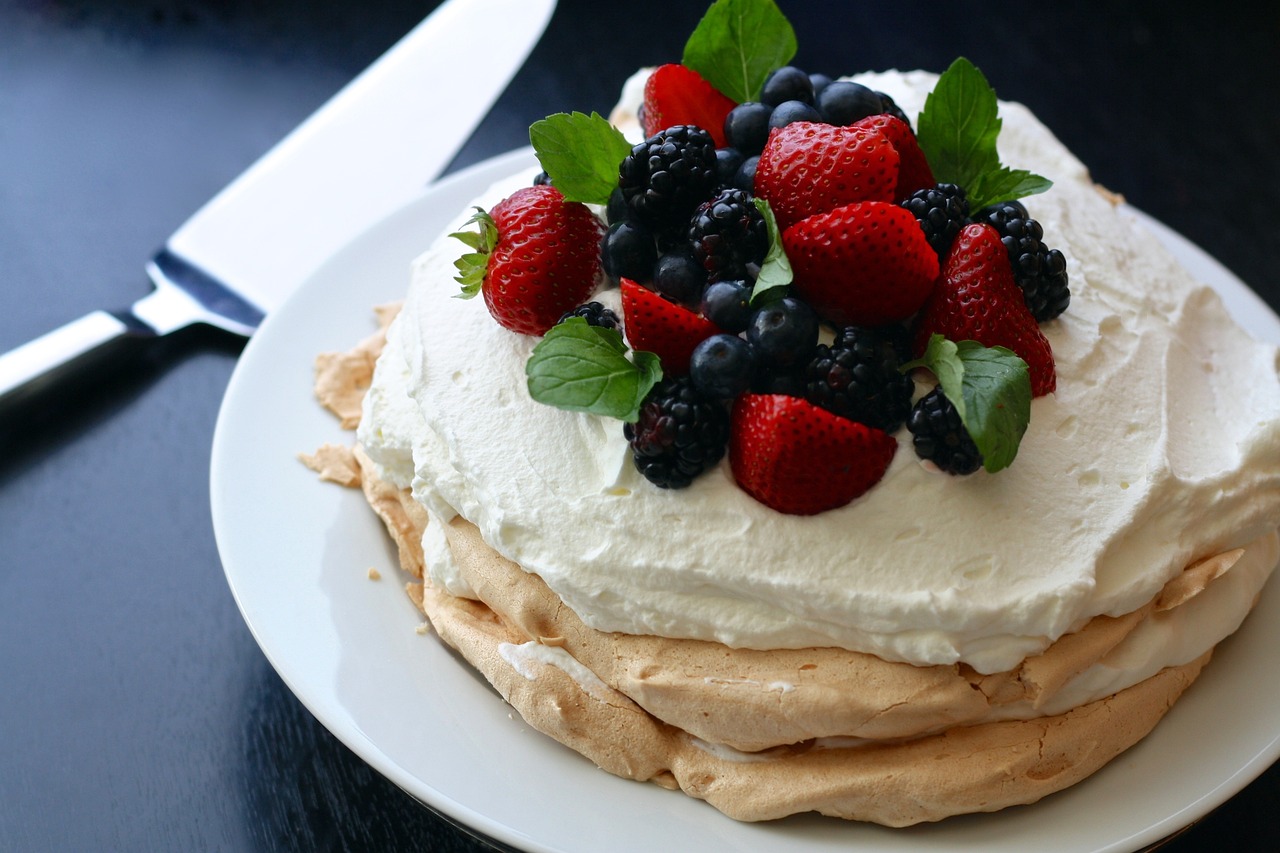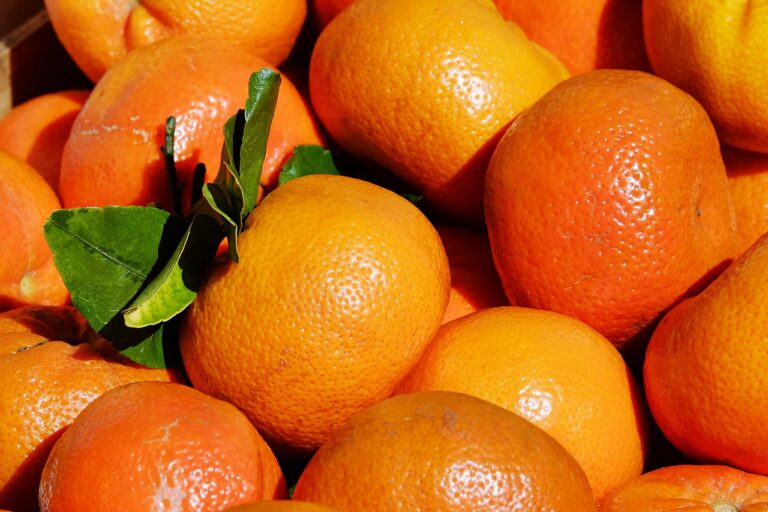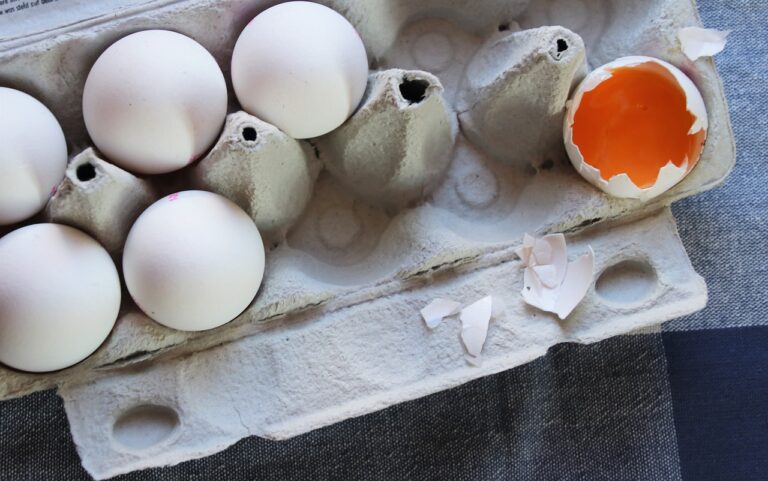The Role of Innovation in Bread Making
11xplay sign up login password, laser247 com, tiger exchange login:Innovation plays a crucial role in bread making, transforming traditional recipes and techniques to meet the evolving demands of consumers. From gluten-free options to sourdough starters, the bread industry continues to evolve thanks to innovative techniques and ingredients. In this article, we’ll explore how innovation has shaped the world of bread making and how bakers are pushing the boundaries to create delicious and unique bread products.
The Evolution of Bread Making
Historically, bread making was a simple process that involved just a few basic ingredients flour, water, salt, and yeast. Bakers relied on techniques passed down through generations to create loaves of bread that sustained communities around the world. However, as consumer preferences and dietary needs changed, bakers began to experiment with new ingredients and techniques to create a wider variety of bread products.
In recent years, the rise of artisanal bakeries has brought a renewed focus on traditional bread making methods, such as sourdough fermentation and long proofing times. These techniques not only enhance the flavor and texture of the bread but also add value to the final product. Consumers are willing to pay a premium for handcrafted artisan bread that is made with care and attention to detail.
Innovation in Ingredients
One of the most significant areas of innovation in bread making is the use of alternative ingredients to cater to consumers with dietary restrictions or preferences. Gluten-free bread, for example, has become increasingly popular as more people are diagnosed with celiac disease or choose to follow a gluten-free diet for other health reasons. Bakers have experimented with a variety of gluten-free flours, such as almond flour, coconut flour, and quinoa flour, to create delicious and nutritious bread options that are safe for those with gluten sensitivities.
Other innovative ingredients that have made their way into bread making include ancient grains like spelt, einkorn, and kamut, which offer unique flavors and nutritional benefits. These grains have gained popularity for their rich flavors and health benefits, attracting consumers looking for more diverse and nutritious bread options.
Innovation in Techniques
Advancements in technology have also played a role in shaping the world of bread making. From using specialized ovens to create the perfect crust to automated mixing and proofing processes, bakers have access to a wide range of tools and equipment that make bread making more efficient and consistent. At the same time, some bakers are turning to traditional methods like wood-fired ovens to create artisanal bread with a distinct flavor profile.
Sourdough fermentation is another technique that has seen a resurgence in recent years, thanks to its unique flavor profile and health benefits. By fermenting the dough with wild yeast and bacteria, bakers can create bread that is easier to digest and has a tangy, complex flavor that sets it apart from conventional bread.
The Role of Innovation in the Future of Bread Making
As consumer tastes and preferences continue to evolve, the role of innovation in bread making will only become more crucial. Bakers must stay ahead of the curve, experimenting with new ingredients, techniques, and flavors to create bread products that stand out in a crowded market. Whether it’s developing new gluten-free recipes, incorporating ancient grains, or perfecting sourdough fermentation, bakers must be willing to push the boundaries of traditional bread making to meet the changing needs of consumers.
FAQs
Q: Are there any bread making techniques that are particularly difficult for beginners to master?
A: Sourdough fermentation can be challenging for beginners due to the time and attention to detail required. However, with practice and patience, anyone can learn to make delicious sourdough bread at home.
Q: What are some alternative ingredients that bakers can use to create unique bread products?
A: Bakers can experiment with alternative flours like almond flour, coconut flour, and quinoa flour to create gluten-free bread options. They can also try incorporating ancient grains like spelt, einkorn, and kamut for added flavor and nutrition.
Q: How important is it for bakers to stay up-to-date on the latest trends in bread making?
A: In a competitive market, it’s essential for bakers to stay ahead of the curve and experiment with new ingredients and techniques to create innovative bread products that will appeal to consumers. By staying informed and being willing to adapt, bakers can continue to thrive in the evolving world of bread making.







